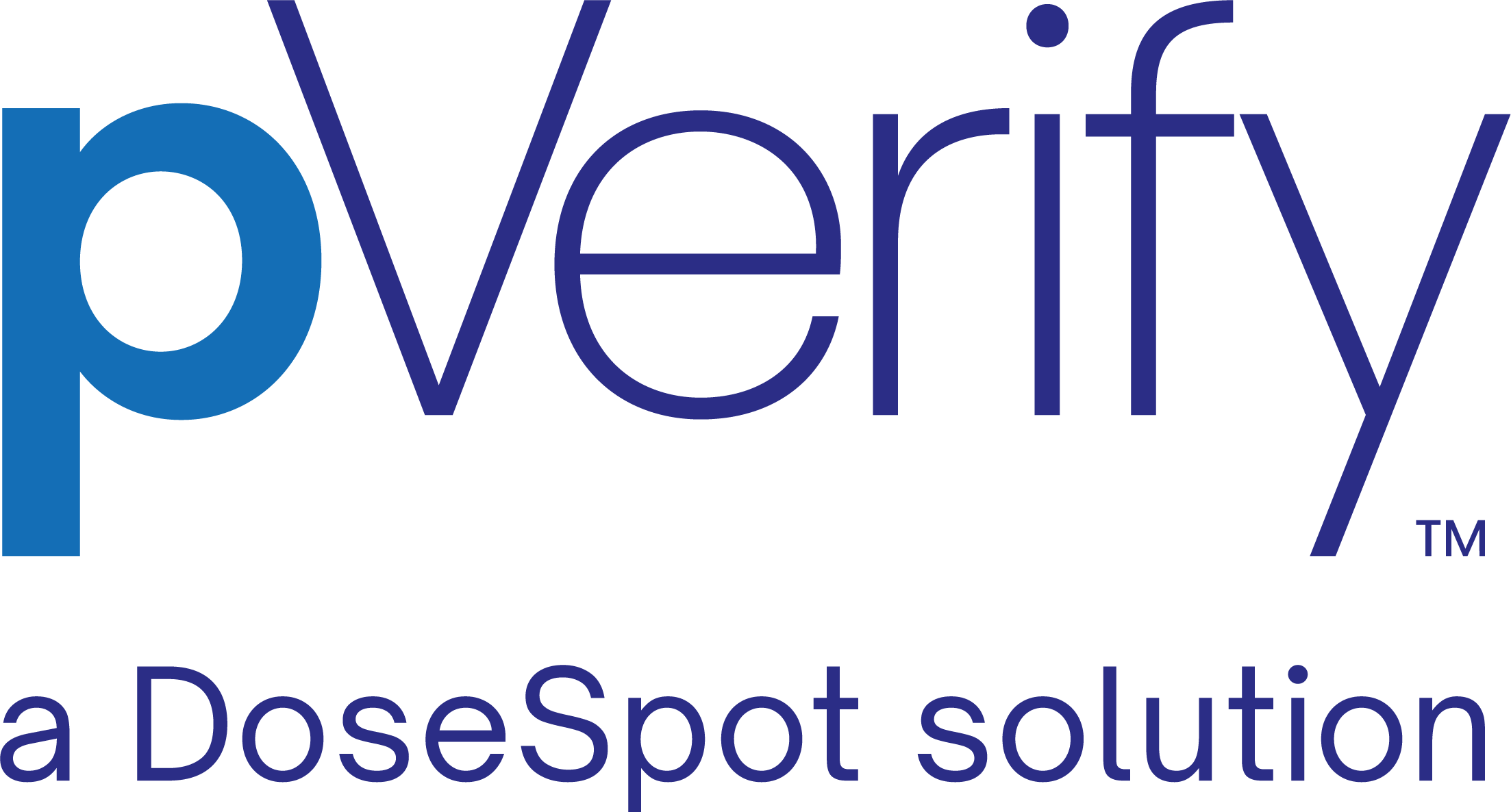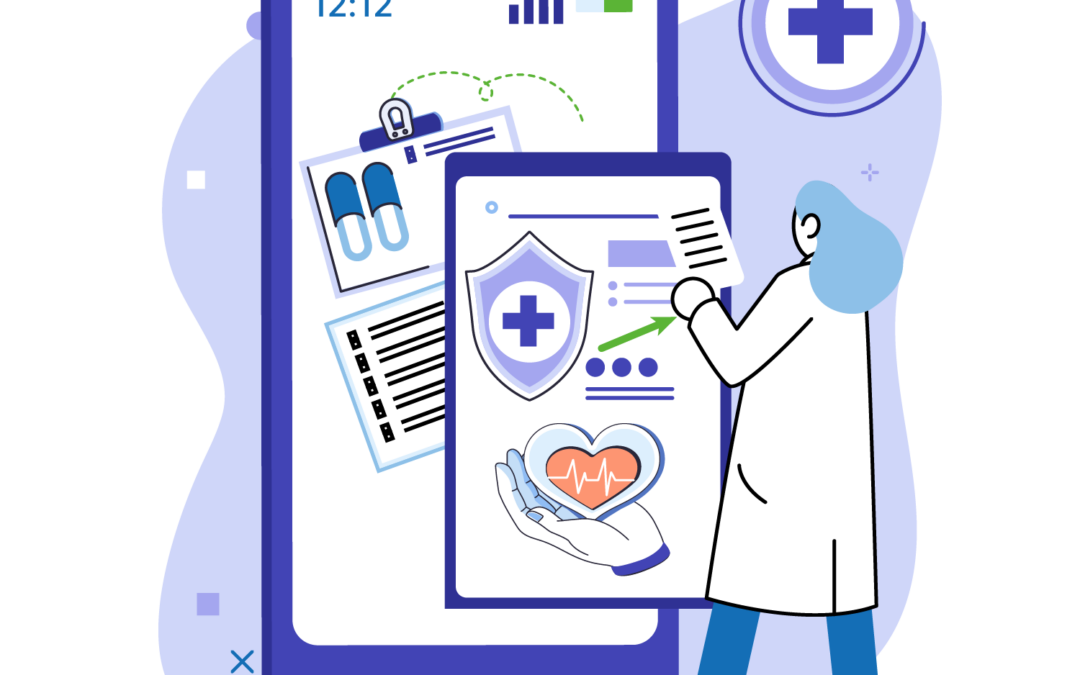BLOG
An API, or Application Programming Interface, is a set of rules and protocols that allows different software applications to communicate and interact with each other, enabling them to share data and functionality.
APIs Role in Healthcare
In healthcare, APIs play a crucial role in facilitating the exchange of information between various systems and applications used by healthcare providers, patients, and other stakeholders.
By enabling the retrieval of data from various sources, APIs offer researchers a comprehensive and precise understanding of participants’ health backgrounds, eliminating the need for burdensome surveys and the inconvenience of seeking information from individuals.
Here are 6 ways in which APIs play a critical role in healthcare:
1. Interoperability
APIs enable different healthcare systems, such as Electronic Health Records (EHRs), Hospital Information Systems (HIS), laboratory systems, pharmacy systems, and billing systems, to exchange data seamlessly. This interoperability ensures that patient information is accessible across different platforms and healthcare settings, improving care coordination and patient outcomes.
2. Integration
Healthcare organizations often use multiple software applications and services to manage different aspects of patient care, such as scheduling appointments, identifying a patient’s insurance, evaluating insurance coverage, and monitoring patient vitals. APIs allow these systems to integrate, enabling data flow and workflow automation. For example, an EHR system might integrate with a telemedicine platform via API, allowing healthcare providers to conduct virtual consultations and access patient records within the same interface.
3. Patient Engagement
APIs are used to develop patient-facing applications and portals that enable individuals to access their health records, schedule appointments, communicate with healthcare providers, and manage their health online. These applications leverage APIs to securely retrieve and display patient information from underlying healthcare systems, empowering patients to take a more active role in their healthcare management.
4. Analytics and Reporting
Healthcare organizations utilize APIs to aggregate data from various sources, including EHRs, medical devices, and wearables, for analytics and reporting purposes. By integrating these data sources through APIs, healthcare providers can gain insights into population health trends, monitor disease outbreaks, and assess treatment outcomes, ultimately improving decision-making and resource allocation.
5. Research and Innovation
APIs facilitate access to de-identified patient data for research purposes while ensuring compliance with privacy regulations such as HIPAA. Research institutions and healthcare organizations use APIs to securely share anonymized data with researchers and developers, enabling the development of new treatments, medical devices, and healthcare technologies.
6. Administrative Efficiency
APIs streamline administrative processes such as insurance verification, claims processing, and billing by enabling seamless communication between healthcare providers and payers. For example, APIs provided by insurance companies allow healthcare providers to verify patient coverage, submit claims electronically, and receive real-time updates on claim status, reducing paperwork and administrative overhead.
Who Uses APIs in Healthcare
In healthcare, various stakeholders utilize APIs to streamline processes, enhance communication, and improve patient care.
Some of the key users of APIs in healthcare include:
- Healthcare Providers: Hospitals, clinics, physician practices, and other healthcare facilities use APIs to integrate electronic health record (EHR) systems, laboratory systems, pharmacy systems, and other healthcare applications. APIs enable healthcare providers to access and exchange patient data seamlessly, improving care coordination and patient outcomes.
- Health IT Developers: Developers of healthcare software applications, including EHR systems, telemedicine platforms, patient portals, and mobile health apps, leverage APIs to integrate with other systems and access health data. APIs enable developers to build innovative solutions that enhance patient engagement, support remote monitoring, and facilitate communication between patients and providers.
- Patients: Patients utilize APIs through patient-facing applications and portals to access their health records, schedule appointments, communicate with healthcare providers, and manage their health online. APIs empower patients to take a more active role in their healthcare management by providing secure access to their health information and facilitating communication with their care team.
- Healthcare Payers: Insurance companies and other healthcare payers use APIs to streamline administrative processes such as insurance verification, claims processing, and billing. APIs enable payers to exchange data with healthcare providers efficiently, verify patient coverage, and process claims electronically, reducing paperwork and administrative overhead.
- Healthcare Researchers: Researchers and academic institutions utilize APIs to access de-identified patient data for research purposes while ensuring compliance with privacy regulations such as HIPAA. APIs facilitate data sharing and collaboration between researchers, enabling the development of new treatments, medical devices, and healthcare technologies.
Overall, APIs play a critical role in modernizing healthcare systems, improving interoperability, efficiency, and patient care delivery. They enable seamless integration and data exchange between disparate systems, empowering stakeholders across the healthcare ecosystem to access and utilize health information effectively while ensuring data security and privacy.
pVerify is powered by its own APIs — created by healthcare experts for developers. Learn about our hassle-free approach to integrating with existing platforms. Contact our team of experts to schedule a demo today!

